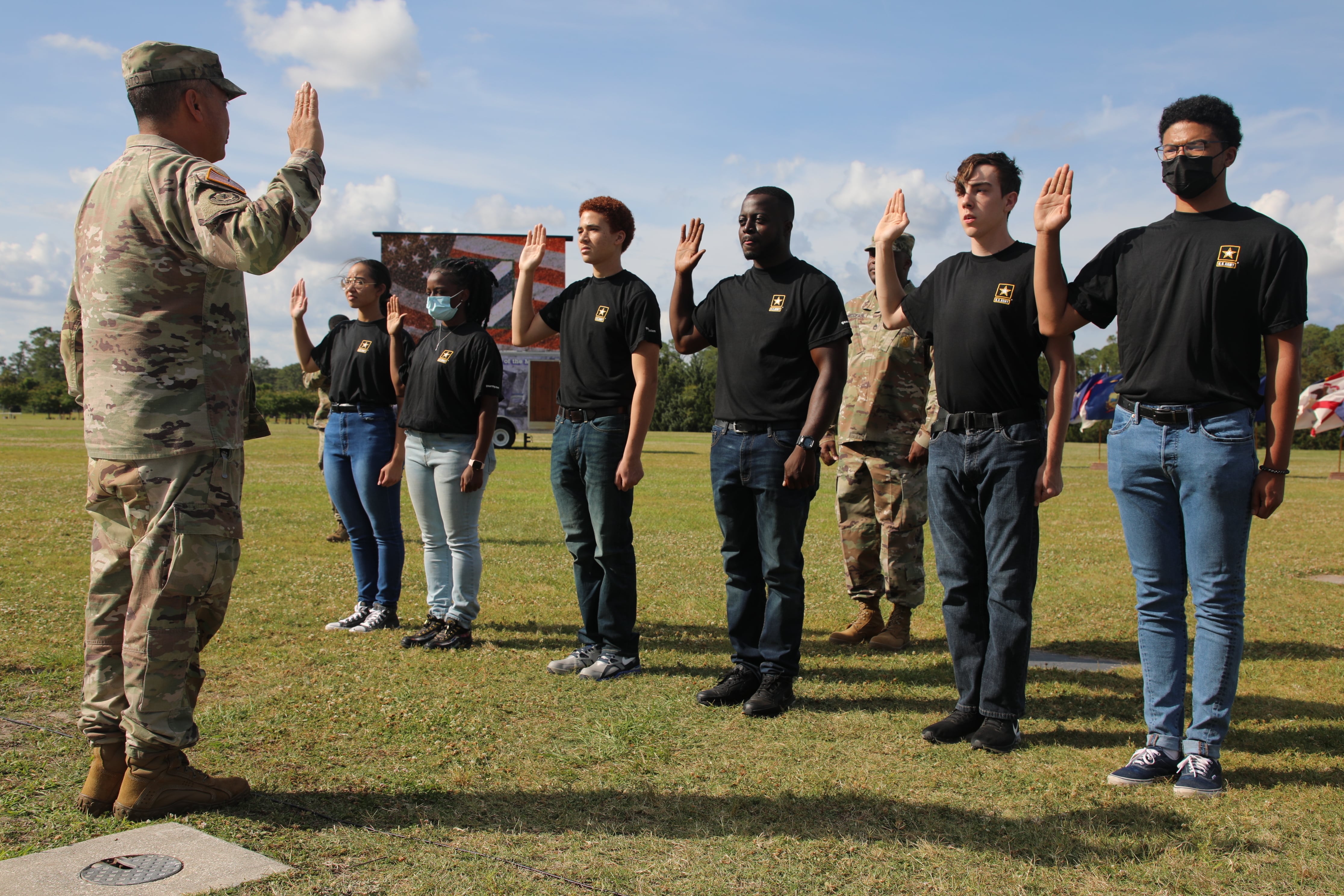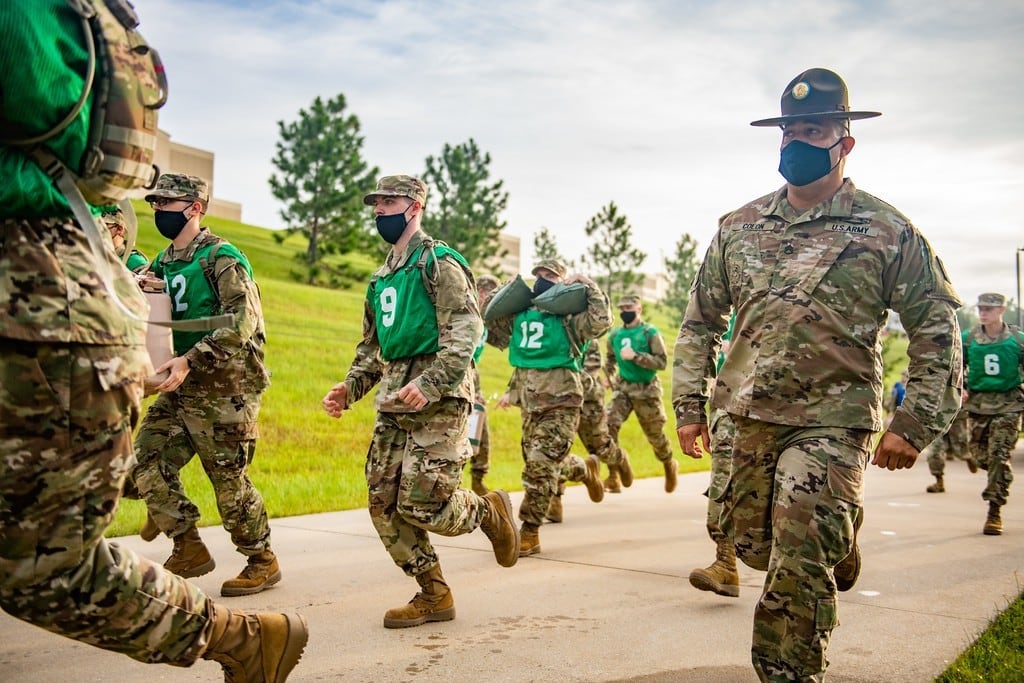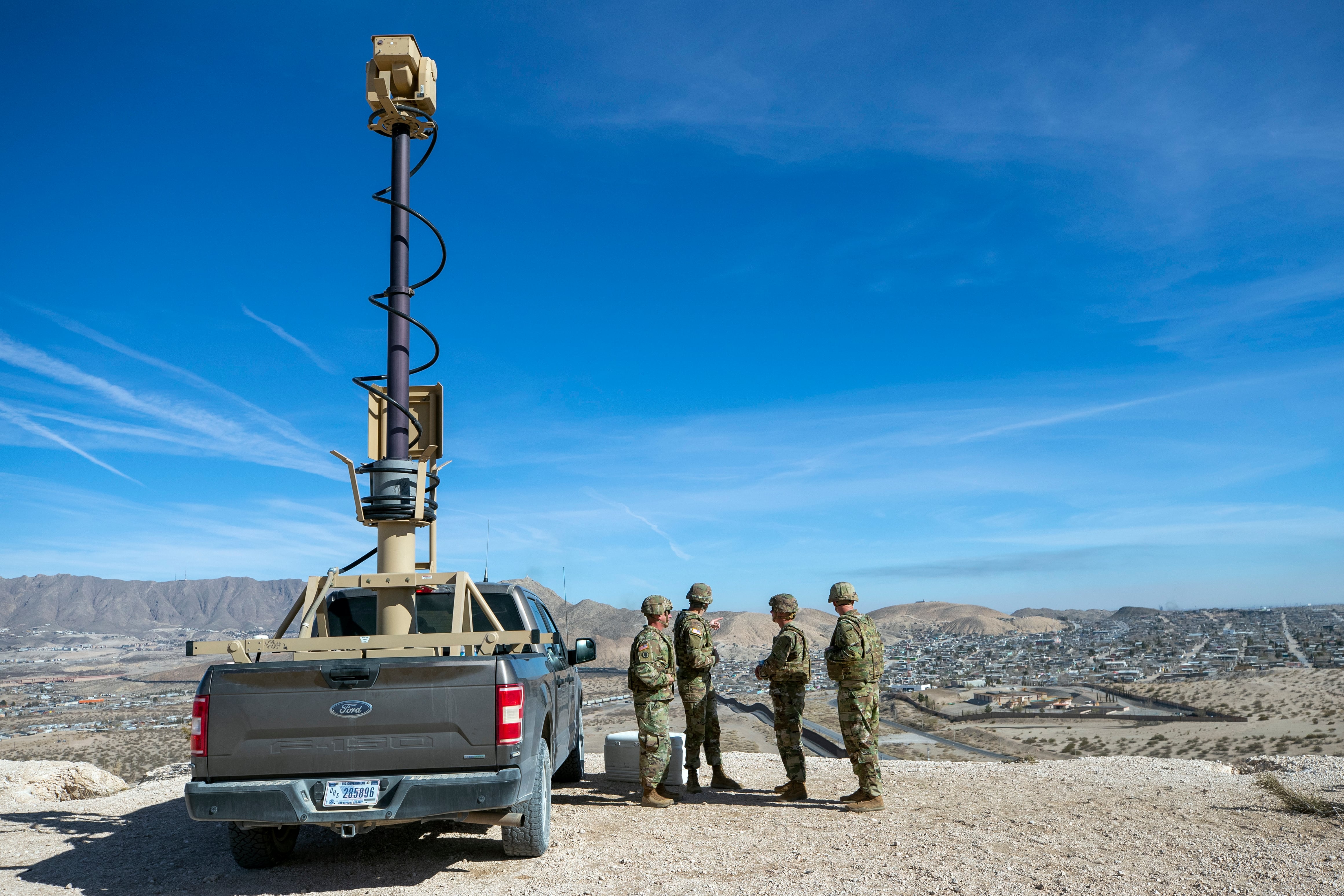Young, inexperienced soldiers will make mistakes; it is inevitable as we are all human. Ask any retired officer or NCO about their time in the service and what they have learned from it. Nine times out of 10, their stories will involve a mistake and the repercussions that followed. We have an all-volunteer force. To keep quality soldiers in the service, leaders must understand that although the military holds the highest standards of morality, justice, and ethics, human error will still occur.
It has happened to me. I had a lapse in judgment early in my career that could have ended it before it started. What I discovered from that experience has taught me far more about the command process and outstanding leaders than any of my successes.
Throughout my reprimand, I was treated with respect by my command, afforded similar training opportunities with my peers, and was never made the “black sheep” of the organization. I hope that others may learn from my mistake just as I have.
Why shouldn’t I make him/her an example?
The military is a family, and if the authoritarian figure at the head never forgives accidents that happen, the children will become estranged. Accordingly, grave crimes and moral turpitude should never be tolerated. In order to maintain the highest level of trust with our citizens, it is imperative that we hold the highest standard.
With that being said, I would challenge someone to find a civilian sector employee who thinks a person should lose half of two months’ pay for an act that does not violate law, common decency, or directly affect others. An example might be nodding off during a 24-hour staff duty in an office environment. A good leader could even take measures to prevent it from happening, such as giving them allotted time off the day prior.
Though this may be considered a rather liberal view on punishment and discipline in the military, the fact is that the times are changing, and so are our soldiers. The old saying goes “The Army will be just fine without you.” For one soldier, this may be factually correct, but tell it to a whole generation of soldiers and we will have a mass exodus on our hands.

The young men and women in our armed services deserve the respect that comes with having careers as influential to history as they do. It is imperative we not forget that many of our soldiers would do just as well working in the civilian sector. Essentially, we have trained them well enough that they can leave, so we should treat them well enough that they want to stay.
I have to reprimand a soldier, how can they learn from the experience?
One option that many soldiers can find solace in during their punishments is via their mentors. Although the military does a fairly decent job at allowing mentorship to thrive at the officer level, we must not forget that our enlisted soldiers should have role models to look up to.
These mentor-mentee relationships are fairly common throughout academia and business. A great mentor is one who keeps a professional yet friendly relationship with a subordinate. The difference in rank with one soldier being subordinate allows for conversations about mistakes the superior has made, and how to avoid them.
The relationship between the two should allow for difficult conversations to arise, when the junior has inevitably made a mistake. The superior can then act as a “life coach” to prevent the subordinate from either getting into more trouble, or to guide a plan of action for correcting the mistake with his/her command.
How harshly should I punish the soldier?
Common sense should be used for punishment of soldiers when necessary. In simple terms, we must allow the punishment to fit the crime. A few questions to ask: Did the soldier act with malicious intent? Did the soldier willfully ignore their duties on their own accord? Did the soldier cause a scenario that would be punished to the same extent in the civilian sector? These questions and more are important because it is a soldiers’ career and family on the line.
Although the easiest option may be the quickest or most common, it is important to think outside of the box and utilize corrective training versus using a scorched earth policy to prevent others from committing the same action.

There have been many soldiers (and there will be many more) who would have loved to stay in the military and serve competently, but will leave due to harsh treatment by leadership even after the punishment has already been completed. Commanders must realize that their sentencing may differ greatly from others; and to the soldier it may seem unfair.
Why will they be better for making a mistake?
Most soldiers are patriotic, hard working people who signed up to be in one of the most difficult career paths in the world. The self-reprimand for their gaffes is often far greater than those that we impart on them. Let them learn from their mistakes in garrison, during peacetime, and at home versus finding out that you can only make a mistake once in war.
Accidents happen, and we have been evolving from them for thousands of years. When required, innovative discipline can include letters of reprimand, probationary periods, and formal weekend duties. Creative corrective training can include more responsibility, a leadership position, and essay writing. Corrective training may seem like a punishment, but it will make the soldier a better person in the future.
Let us remind ourselves that taking care of soldiers does not always mean letting them off work early, or making them comfortable. It will soon mean keeping them alive, through difficult but rewarding training and opportunities. In turn, our next generation of warriors will have our current generation to guide them.
Said Eljadidi is an aviation officer in the U.S. Army. He holds a Bachelor’s degree in Team and Project Management from Bryant University, and has an interest in bridging business and military leadership theory. The views expressed in this article are those of the author and do not necessarily reflect the official policy or position of the Department of the Army, the Pentagon, or U.S. government.
This article is an Op-Ed and as such, the opinions expressed are those of the authors. If you would like to respond, or have an editorial of your own you would like to submit, please email Military Times Senior Managing Editor Kent Miller.
Want more perspectives like this sent straight to you? Subscribe to get our Commentary & Opinion newsletter once a week.




